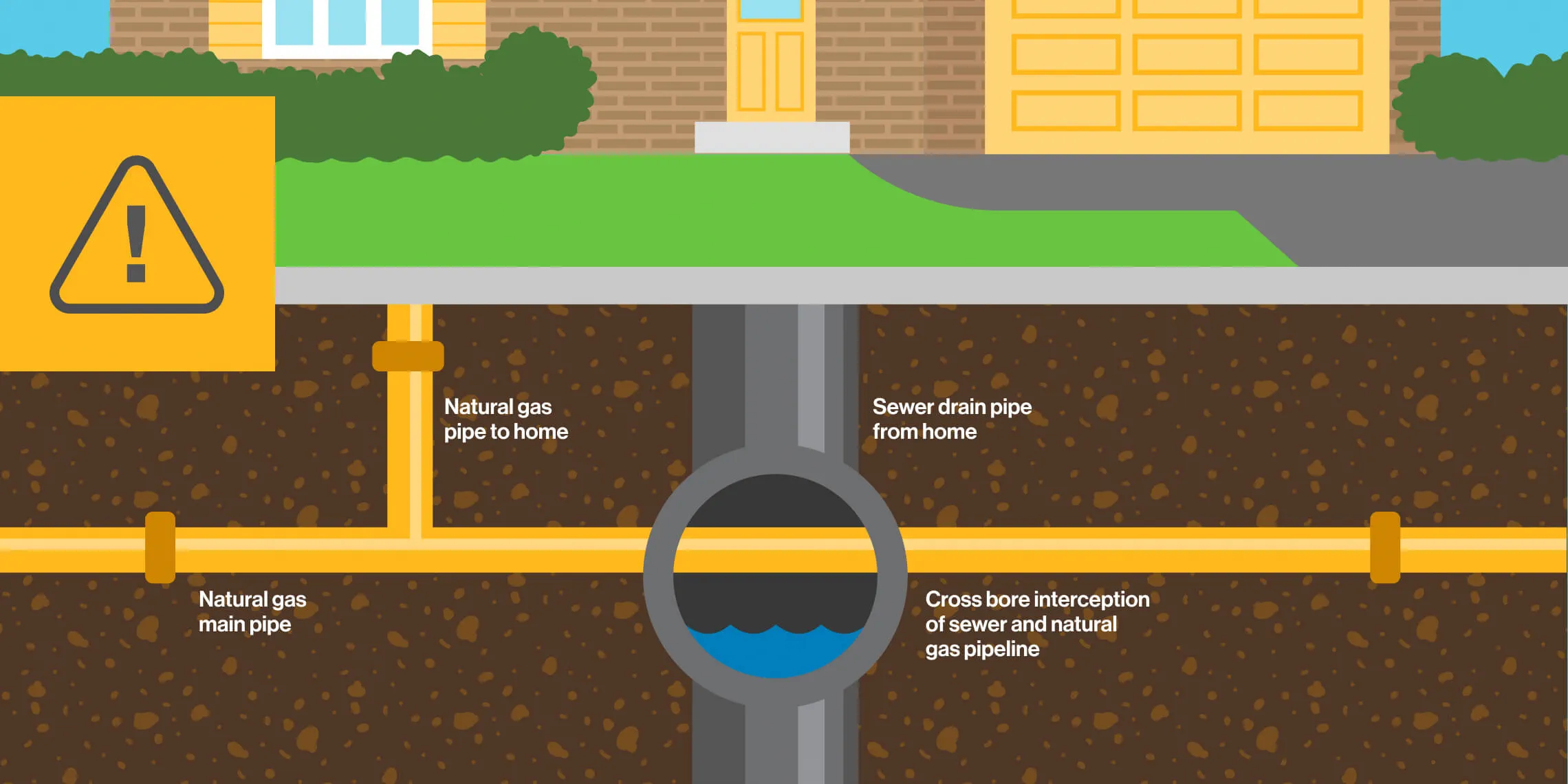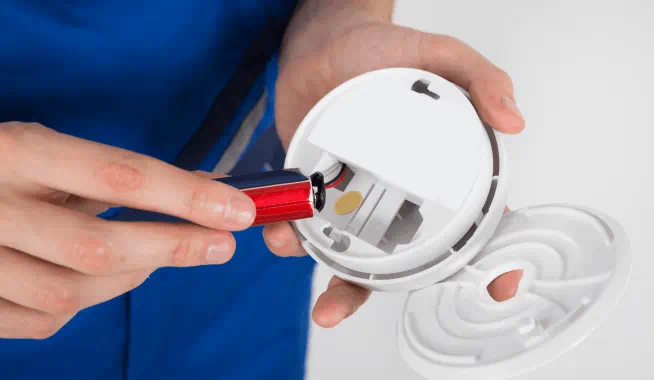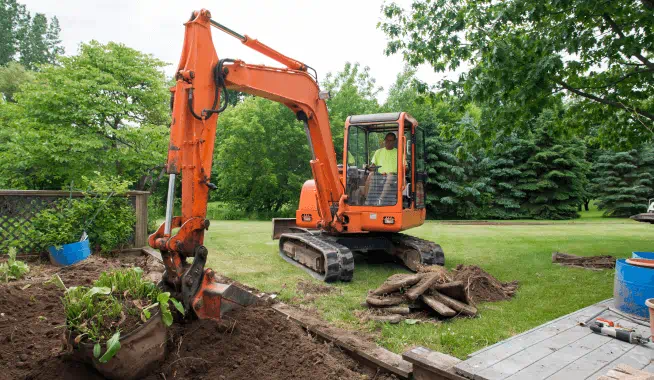Sewer blocked? Protect your home with a sewer safety inspection
Blocked sewer lines and flooded basements can be stressful—learn how to resolve clogged sewers quickly and safely.
Blockages in pipes running inside of your home can typically be cleared safely on your own. But what should you do about blocked sewer or septic pipes that run outside the walls of your home? It’s essential to book an emergency sewer safety inspection before you or a plumber attempt to clear it—the service is free.
If you're experiencing signs of a blocked sewer, book a FREE inspection and contact Ontario One Call at 1-800-400-2255. Inspections are available 24/7 and are treated as emergencies, so issues can be resolved as quickly as possible.
What is a cross bore?
Although rare, sometimes natural gas lines can cross through septic or sewer pipes underground. This is called a ‘cross bore.’ These intersecting pipes can often co-exist safely and go undetected—until the sewer pipe is blocked and needs to be cleared. Motorized or water-jetting equipment that’s used to clear a clogged drain could damage the natural gas line. The result is an immediate risk to public safety, including a gas leak, fire or explosion.
Call Ontario One Call at 1-800-400-2255 to request an emergency sewer safety inspection before you or a plumber attempt to clear a blockage. If a cross bore is found, it will be fixed at no cost to you.

Smell gas? Act fast!
Natural gas smells like rotten eggs or sulphur, so you know right away if there’s a leak. Natural gas is not toxic, but it is highly flammable. If you smell gas or think you have a gas leak, leave the area immediately and call Enbridge Gas at 1-866-763-5427 or 911 from a safe distance (like a neighbour’s home).
Signs that a natural gas line has been damaged during the clearing of a sewer service line:
Frequently asked questions
When we install natural gas pipelines, we’re required to identify and locate private sewer lines that may potentially intersect with the new natural gas pipeline, to ensure we install it safely. This inspection may require access to the sewer lines from inside homes, even if your home is not connected to natural gas.
If we’re in your neighbourhood, we may need access to your basement to complete the inspection. We’ll provide you with notification—all our service technicians can be identified by an Enbridge Gas licensed contractor photo identification card.
Homeowners or licensed plumbers run the risk of damaging a natural gas line when using motorized or water-jetting equipment to clear a blocked sewer line. Once damaged, the gas line could leak or rupture, causing the release of natural gas. Natural gas is not toxic, but it is highly flammable.
A cross bore can remain undetected for months, even years. Scheduling an inspection after experiencing blockages is the best way to determine if cross bores may be near your home.
Some signs there may be a cross bore problem near your house include:
- A backed up basement drain, resulting in water leaks.
- A backed up sewer, resulting in clogged toilets, bathtubs or sinks.
- A blocked sewer line, resulting in a flooded yard.
Ontario One Call will notify the service provider in your area. They’ll visit your property to verify if you do or do not have any line clogs. If there’s no potential of a cross bore, clearing activities can proceed. If there is a potential cross bore, the call will be escalated to the appropriate utility.
Yes. The law requires you or your contractor to contact Ontario One Call at 1-800-400-2255 at least five business days before you dig, whether for landscaping, building a fence, digging a garden or other projects.
Locators from natural gas, water, sewer, electric and telecommunications companies will visit your home and paint or put flags to mark underground lines. Digging without a locate can damage lines. This poses a safety hazard, can cause loss of service and is also subject to fines. Never assume your contractor has taken care of it. Work in collaboration with them, and ask for verification that they’ve requested a locate before they start digging. Marking the location of buried facilities is a free service.
Explore more important safety topics

Prevent carbon monoxide poisoning
Learn how to prevent and detect carbon monoxide to keep you and your family safe.

Digging safely
It’s the law to find out where underground utility lines are located before you start digging.

Appliance maintenance and safety
Avoid potential hazards by keeping your natural gas appliances running safely and efficiently.











